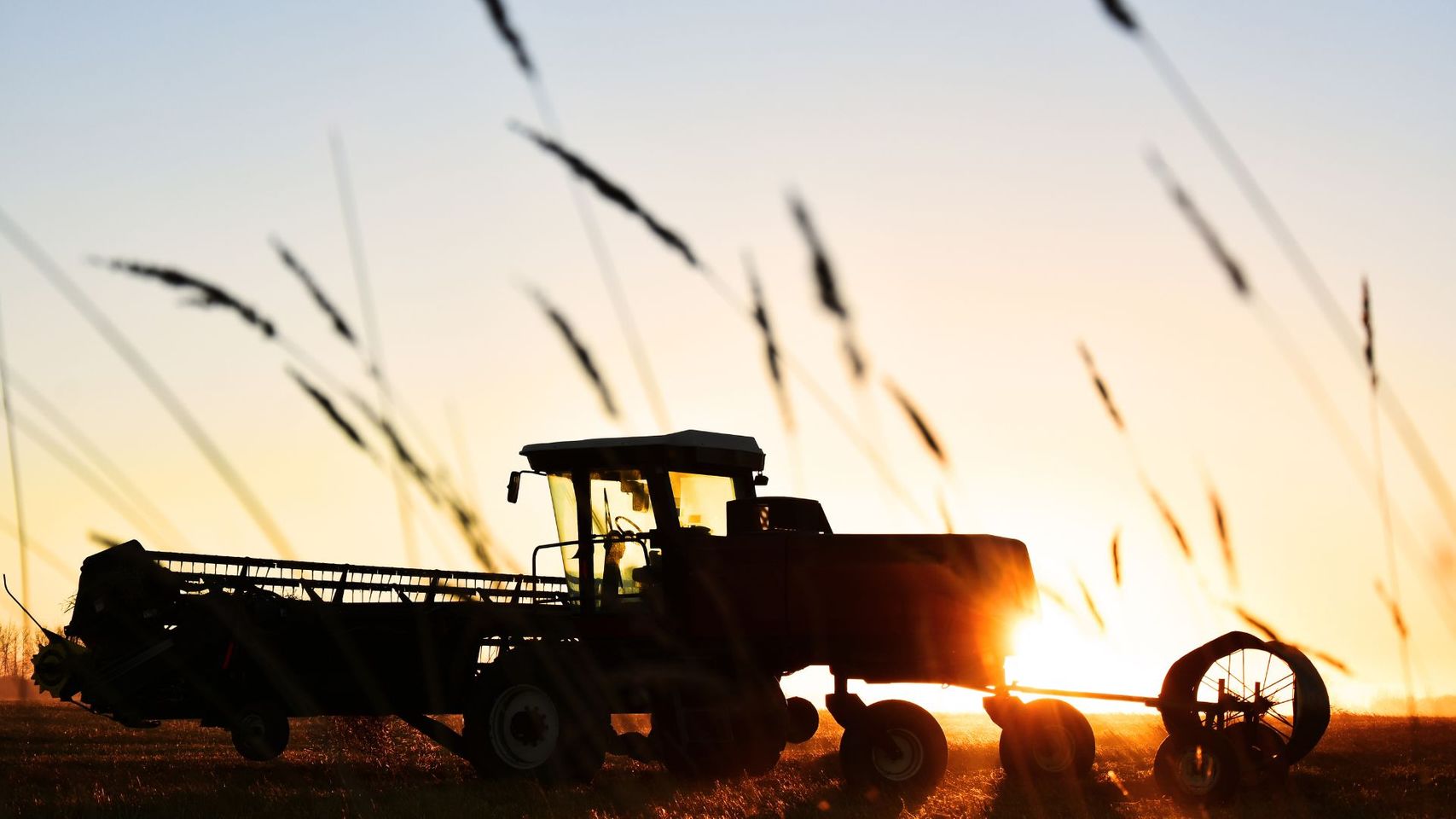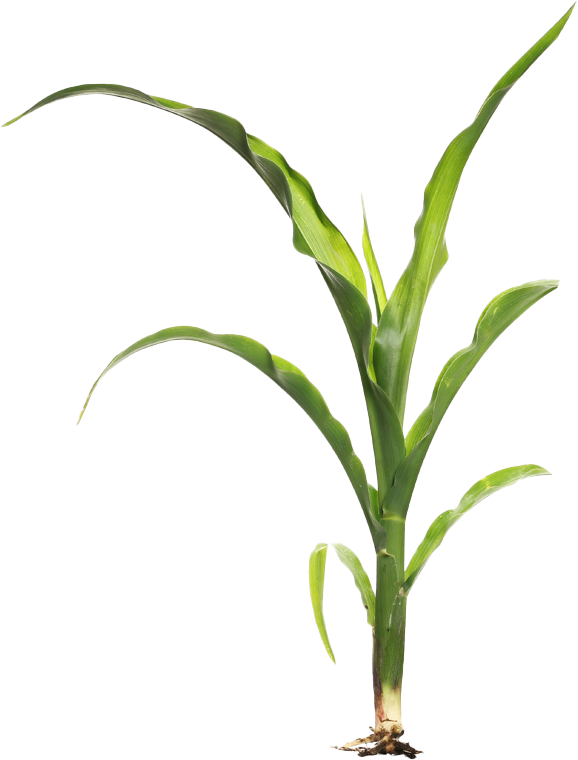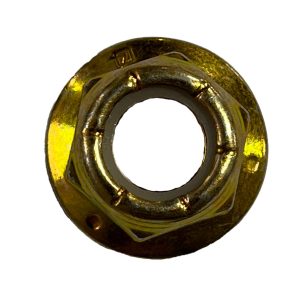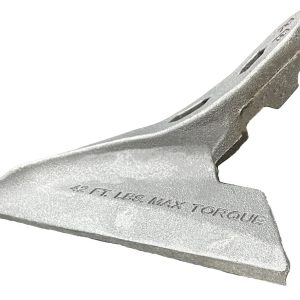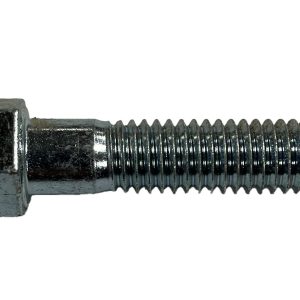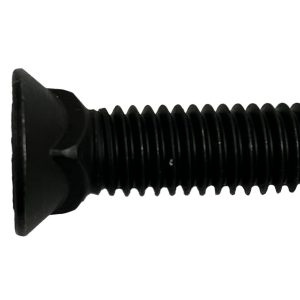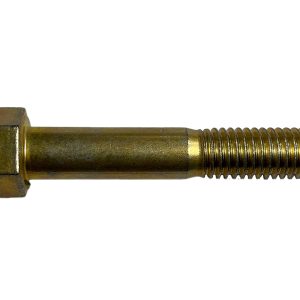SEE WHAT THE OPTIONS ARE FOR YOUR FARM AND MAKE THE BEST DECISION
Farming has been an essential part of human civilization since its inception. It is the backbone of our food production and a significant contributor to the economy. Over time, farming practices have evolved significantly with the introduction of new technology and innovation. This evolution has also led to the development of various tools and equipment used in farming. However, there is often confusion between the terms “farming implements” and “farming equipment.” In this blog post, our team at Richmond Brothers Equipment will explore the significant differences between these two terms. Learn more and discover the critical role each plays in modern-day farming. Reach out to our team for farming equipment and implements today!
FUNCTIONALITY DIFFERENCES
Farming equipment generally refers to the powered machinery employed for large-scale agricultural tasks. This category includes tractors, harvesters, and irrigation machinery which substantially automates farming tasks. Conversely, farming implements are tools or devices that a farmer uses with equipment or manually, to carry out specific tasks. Harrows, plows, and cultivators all fall under this category, used to prepare soil, sow seeds, or control weeds. The primary difference between implements and equipment is that farming implements require manual force to operate, whereas farming equipment uses power or automation.
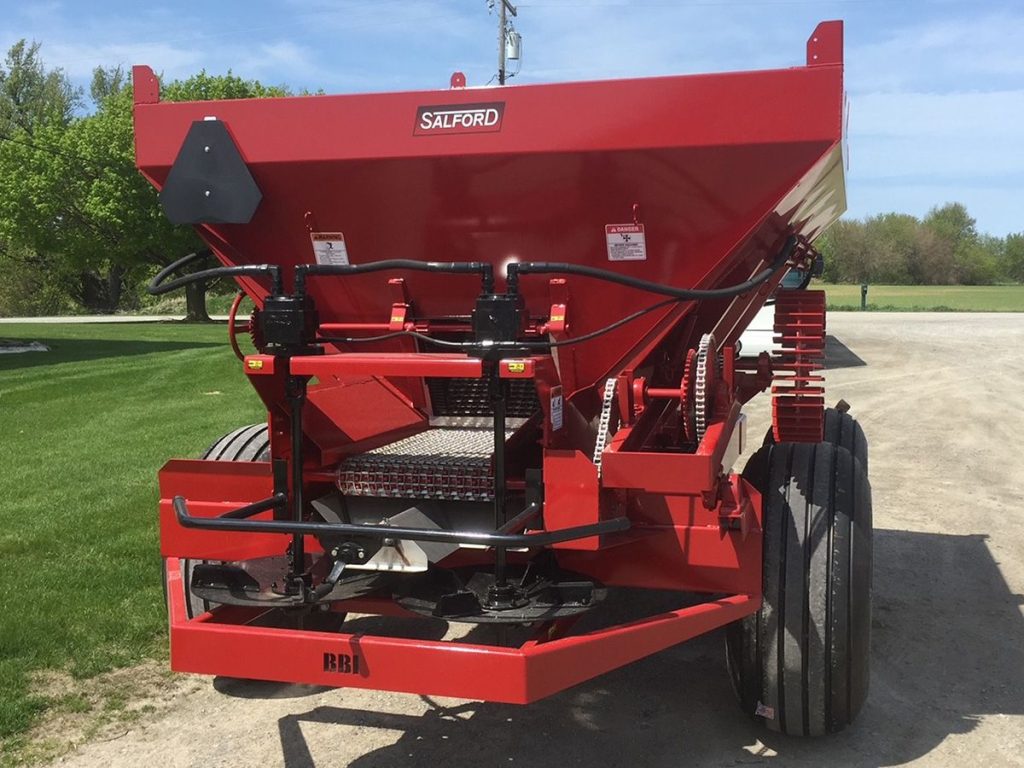
COST AND MAINTENANCE
In general, farming equipment is costlier due to its large size, complex mechanisms, and multi-functionality. They also require regular, special maintenance to prevent breakdowns and prolong their lifespan. Conversely, farming implements are generally less expensive and easier to maintain given their simpler designs. However, they might need more frequent replacement due to wear and tear, depending upon their usage. A wise farmer must consider the cost of investment, maintenance, and returns on productivity before choosing between farming implements or equipment.
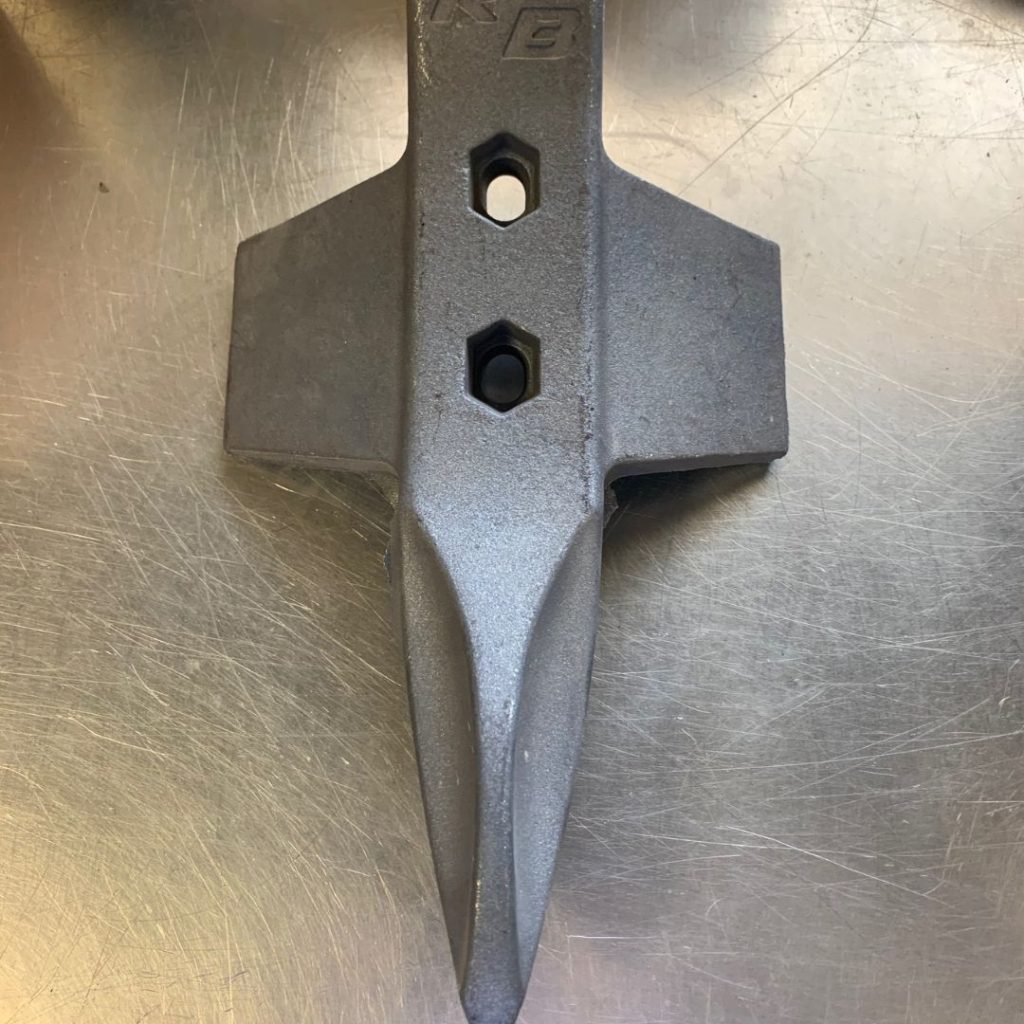
SCALE OF USE
The large scale and wide variety of tasks accomplished by farming equipment make them ideal for extensive, industrial-size farms. They help streamline operations, thus maximizing productivity. Smaller farms and individual farmers often prefer farming implements due to their affordability, ease of use, and because they efficiently accomplish specific, focused tasks. However, in recent years, there has been a trend of small-scale farmers adopting farming equipment ranging from mini tractors to compact harvesters. This shift is driven by the need for increased efficiency and productivity.
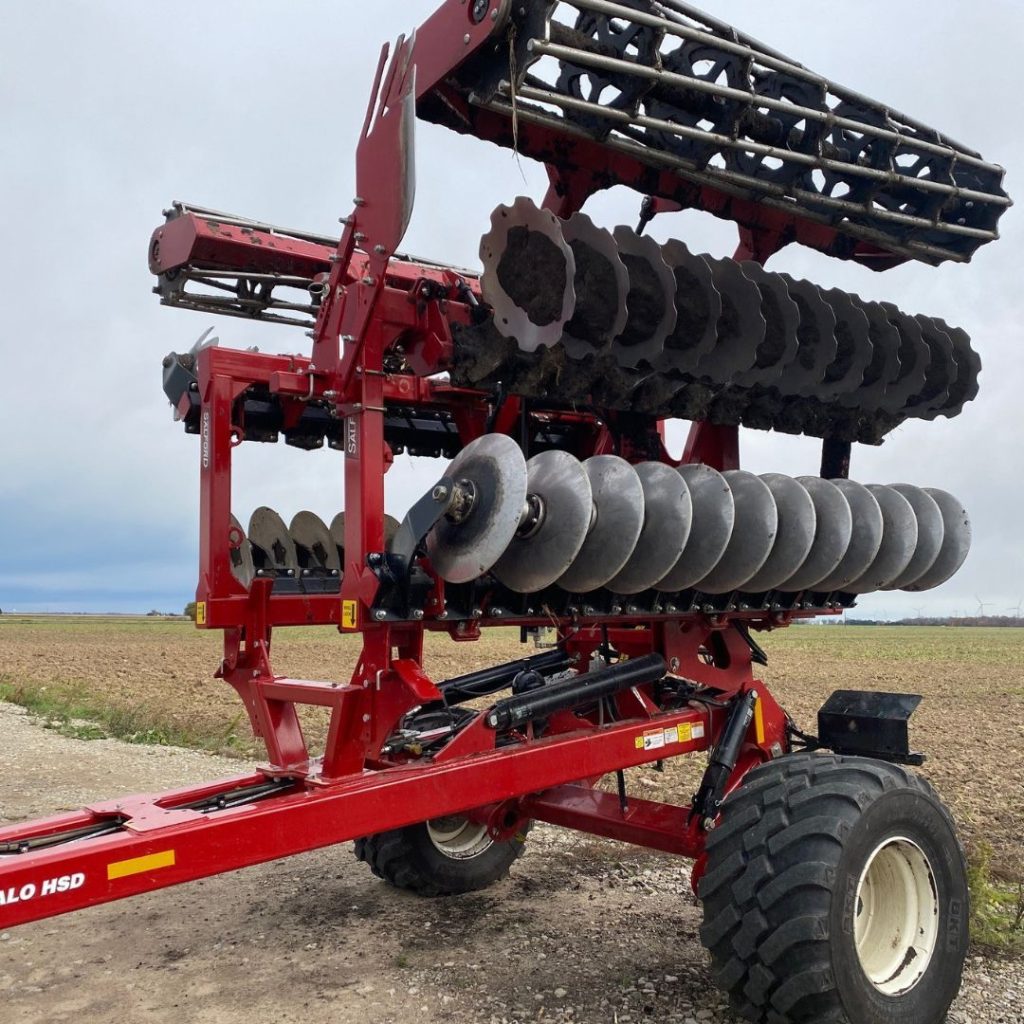
COMPATIBILITY WITH CROP VARIETY
Another significant difference between implements and equipment is their compatibility with different crop varieties. As farming equipment is designed for large-scale operations, they can work with a wide range of crop types and fields. On the other hand, farming implements are specifically designed for different soil textures and crops. For example, a cultivator meant for use in sandy soil might not work well in clay or loamy soils. However, it is essential to note that modern-day farming equipment comes with interchangeable parts and attachments, allowing them to adapt to various crop types and fields.
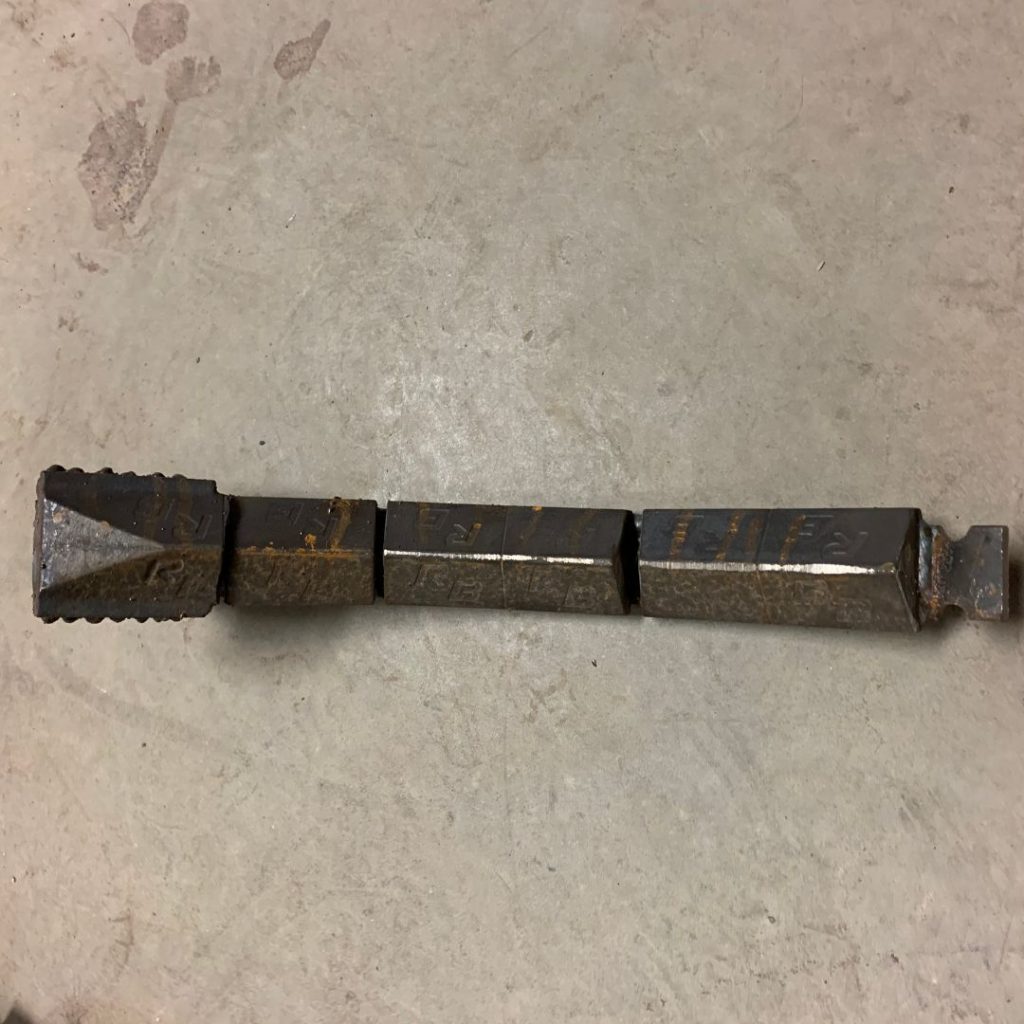
Although both farming implements and equipment are pivotal for agricultural operations, they differ in many ways, from their functionalities to the impact of technological advancements on them. Thus, it’s essential to understand these differences to make informed choices and strategies for your specific farming needs. Balancing the use of both can substantially increase agricultural productivity while minimizing costs. Our team at Richmond Brothers Equipment is here to help! We have the knowledge, expertise, and the latest farming equipment to cater to all your agricultural needs. Contact us today for top-of-the-line farming implements and equipment!
